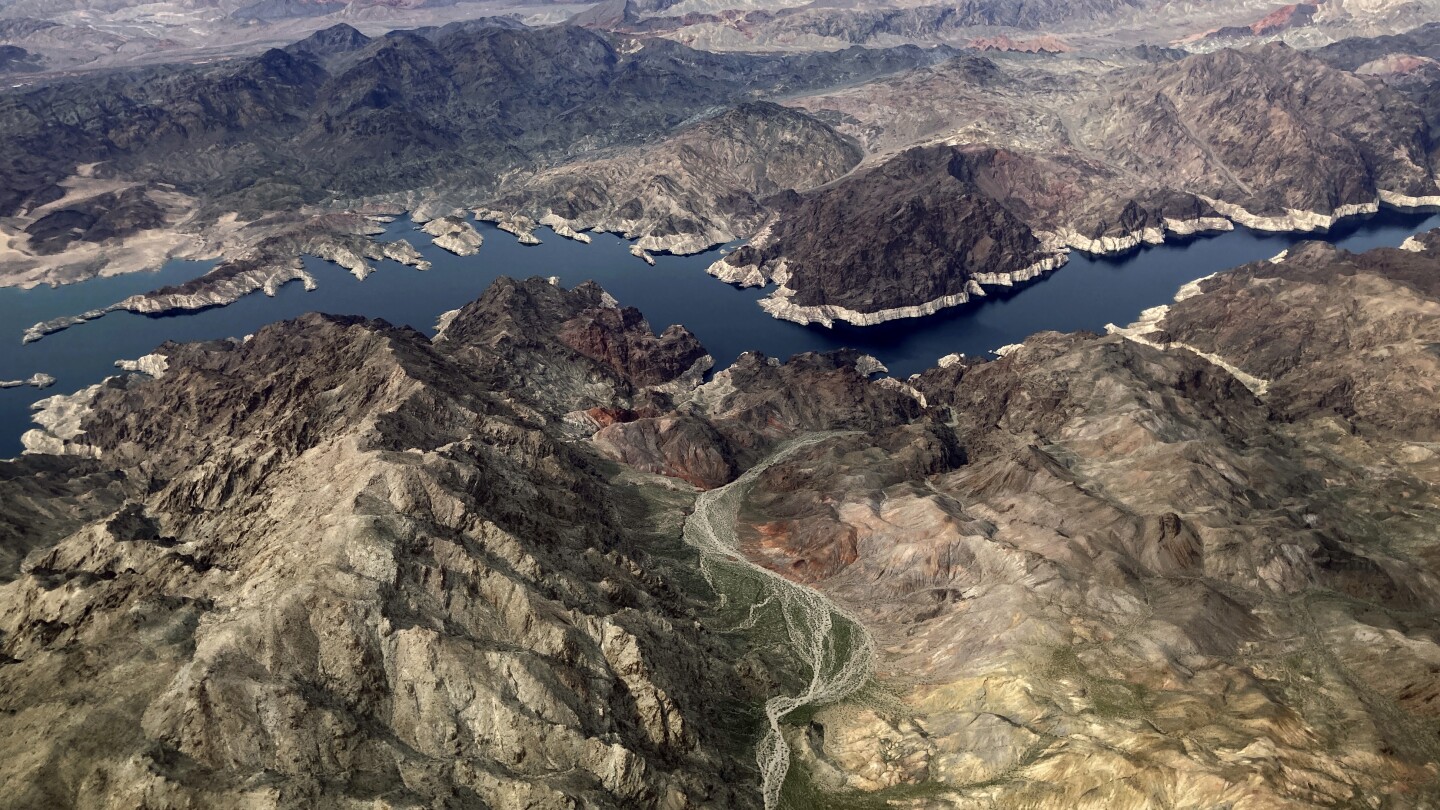Federal officials this week are expected to ease water cuts for 2024 under a slightly improved outlook for the Colorado River’s health, though long-term challenges remain.
The river provides water for seven U.S. states, 29 Native American tribes and two states in Mexico. It also supports a multibillion-dollar farm industry in the West and generates hydropower used across the region. Years of overuse by farms and cities and the effects of drought worsened by climate change has meant much less water flows today through the Colorado River than in previous decades.
I know, we should keep growing alfalfa in Arizona! The Saudi’s love this one neat trick!
https://www.cbsnews.com/news/saudi-company-fondomonte-arizona-ground-water-crop-alfalfa/
Both major reservoirs at nearly 30% with a warmer, drier outlook long term. The southwestern US and affected parts of Mexico are in for a serious renegotiation of water use, with agriculture at the top of the list.
“Farmers use between 70% and 80% of all water in the Colorado River system…”
I don’t understand why they don’t keep restrictions as-is and allow Lake Mead and Lake Powell to fill further. We had a good year for precipitation - let’s try to pad the future when we have some more dry years, instead of using the water now.
You make too much sense, how would we grow all of the cattle fed for the saudi’s with that attitude. But seriously I like your plan.
56% of water from the colorado river basin goes directly to livestock and livestock feed. You can literally cut over half of the water usage with one neat trick!! 🌱
By genociding cattle?
Its simple really. You just stop breeding them into the world on purpose! The never ending cycle of mass killing is already a thing.
You don’t think they’re gonna kill them anyway? And genocide? That’s a bit dramatic when you’re only taking about a very small percentage of the overall population.






